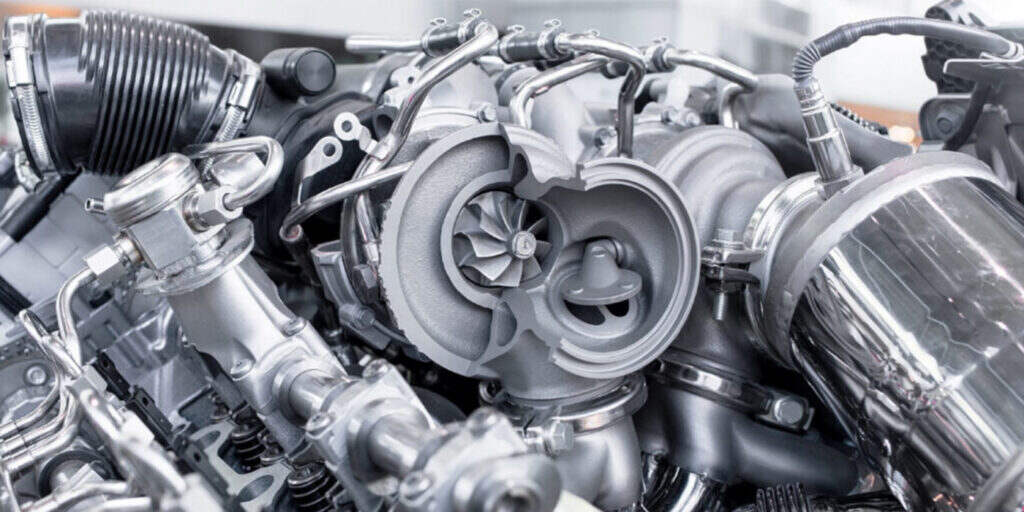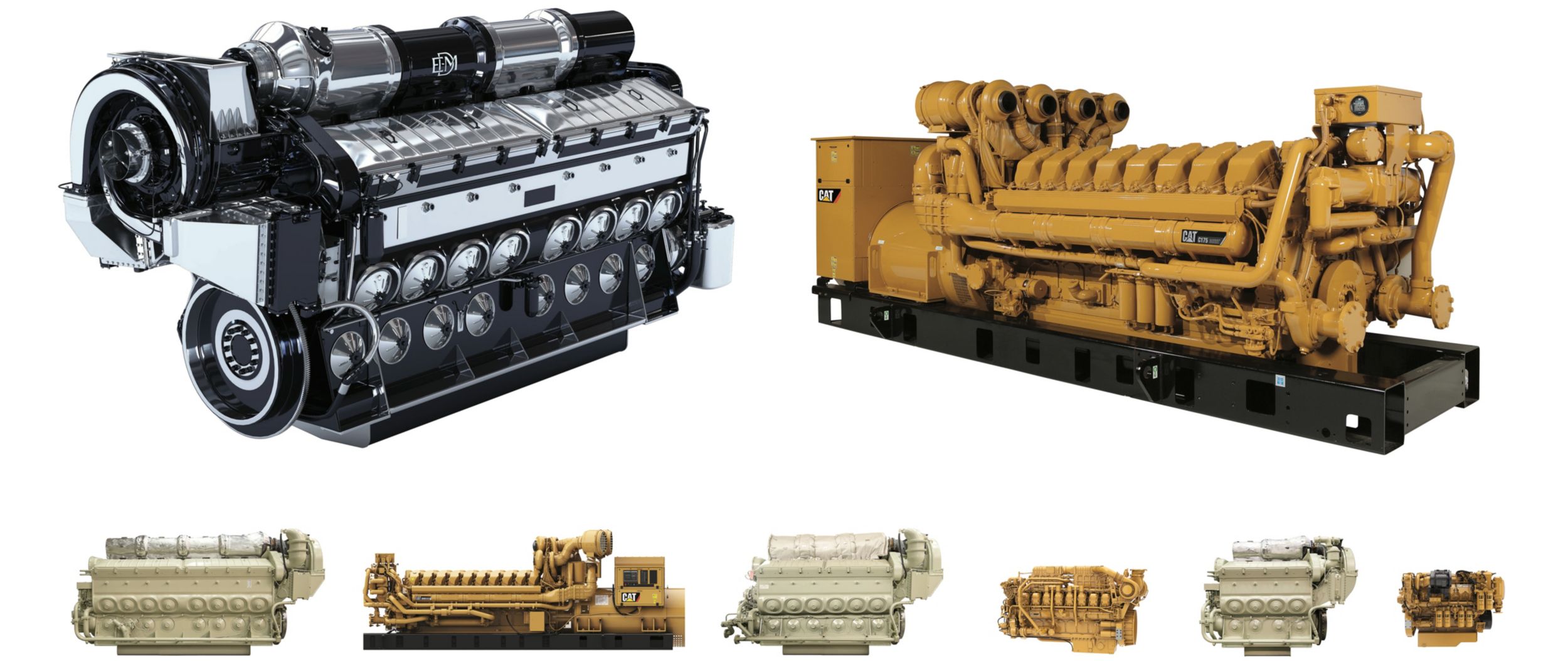Engines for Africa at Competitive Costs: Your Preferred Car Parts Store
Engines for Africa at Competitive Costs: Your Preferred Car Parts Store
Blog Article
The Quest for Ultimate Driving Power: Checking Out the Peak of Engine Efficiency and Technological Innovations in the Automotive Sector
In the world of auto engineering, the pursuit of maximum driving power has actually been an unrelenting quest that has unravelled via the advancement of engine style and the assimilation of cutting-edge modern technologies. From the precise workmanship of burning engines to the quick improvements in electric propulsion systems, the automotive market stands at the cusp of a brand-new period characterized by unprecedented performance capabilities. As scientists and engineers dig much deeper right into the realms of computational fluid dynamics and check out ingenious gas modern technologies, the horizon of opportunities expands exponentially. Remain tuned as we untangle the intricate tapestry of technical developments that are forming the future of automotive power and efficiency.
Development of Engine Layout

Furthermore, the integration of turbocharging and turbo charging modern technologies has actually changed engine design by increasing power without considerably raising engine dimension. These forced induction systems compress the intake air, enabling for even more fuel to be ignited, consequently producing greater power result from a smaller engine. This improvement has actually been especially crucial in improving the performance of smaller displacement engines while keeping fuel effectiveness criteria.

Performance-Enhancing Gas Technologies
The implementation of innovative fuel modern technologies has actually considerably added to improving engine performance in contemporary vehicles. From conventional gas and diesel to ingenious biofuels, synthetic fuels, and hydrogen, the auto market is seeing a transformation in fuel options. Biofuels, stemmed from renewable sources like algae, sugarcane, or corn, deal improved and decreased exhausts engine effectiveness. Artificial gas, generated through chemical processes, give high octane rankings, improving power output. Hydrogen fuel cells, although still in the onset of adoption, show terrific pledge due to their zero-emission nature and potential for high efficiency. In addition, fuel ingredients and cleaning agents are being developed to tidy engine elements, optimize burning, and lower rubbing, therefore boosting overall car efficiency. With recurring r & d, the mission for the best driving power proceeds, as designers aim to unlock the complete potential of performance-enhancing fuel technologies in the vehicle industry.
Developments in Electric Propulsion
Substantial strides in electric propulsion innovation have reinvented the automobile sector, leading the way for a brand-new age of lasting and reliable transport. Electric lorries (EVs) are gaining appeal because of their ecological benefits and innovations in battery modern technology, allowing longer driving arrays and much shorter billing times. Makers are spending greatly in research study and growth to boost the efficiency of electric propulsion systems, concentrating on raising power result, boosting energy effectiveness, and reducing overall weight.
One notable advancement in electrical propulsion is the development of advanced electric motors that deliver greater torque and power density, causing boosted acceleration and general driving performance. Furthermore, regenerative stopping systems have actually been improved to store and catch energy throughout deceleration, further increasing the efficiency of EVs.
Moreover, the combination of wise modern technologies, such as expert system and predictive analytics, is optimizing the management of electric propulsion systems, making sure ideal performance under numerous driving problems. These improvements in electric propulsion are reshaping the vehicle landscape, driving the industry in the direction of a much more sustainable and amazed future.
Effect of Computational Fluid Characteristics
With advancements in electric propulsion pressing the borders of vehicle innovation, the integration of Computational Liquid Dynamics is playing a pivotal function in maximizing aerodynamic performance and enhancing overall efficiency in automobile design. Computational Liquid Dynamics (CFD) involves using computer system simulations to assess the circulation of air around a lorry, making it possible for engineers to forecast how layout adjustments will certainly affect aerodynamics without the requirement for pricey physical prototypes. By precisely modeling air movement patterns, CFD enables the refinement of car shapes to minimize drag, boost cooling, and improve security.
One key advantage of utilizing CFD in vehicle design is the capability to iterate quickly, checking out numerous layout variations to identify the most aerodynamically reliable services. This iterative procedure causes lorries that are not just sleeker and extra aesthetically appealing however likewise extra ecologically pleasant and fuel-efficient. CFD allows engineers to enhance air flow around components such as radiators, engine bays, and wheel wells, adding to enhanced performance and overall driving experience. Finally, the assimilation of Computational Fluid Dynamics represents a considerable advance in the quest for supreme driving power and effectiveness in the vehicle sector.
Future Patterns in Engine Technology
In the dynamic landscape of auto design, innovative advancements are shaping the future trajectory of engine technology. The future of engine layout is noted by a strong focus on sustainability, performance, and efficiency. Manufacturers are significantly concentrating on creating engines that not only provide high power outcomes however also prioritize ecological responsibility by decreasing emissions and enhancing gas performance.
One famous pattern in engine advancement is the surge of electrification. Hybrid and electrical powertrains are getting grip as feasible options to conventional burning engines. These modern technologies provide the capacity for significant decreases in carbon discharges and increased energy efficiency, aligning with international efforts to battle climate modification.
Furthermore, advancements in products scientific research and production strategies are enabling the production of lighter and extra resilient engine elements. This change in the direction of light-weight materials such as visit this page carbon fiber and light weight aluminum alloys adds to enhanced performance and gas economy.
Final Thought
Finally, the search of utmost driving power in the auto industry continues to drive improvements in engine style, gas innovations, electric propulsion, discover here and computational fluid characteristics. The advancement of these modern technologies is shaping the future of engine technology, leading the way for extra reliable and effective automobiles (engines for africa). As the market continues to push the borders of what is feasible, we can expect to see a lot more groundbreaking growths in the pursuit for peak performance
One of the essential turning points in engine design evolution is the shift from conventional carbureted engines to modern fuel-injected systems. By exactly metering the fuel shipment to each cyndrical tube, fuel-injected engines maximize combustion, resulting in far better efficiency and decreased ecological effect.
Additionally, the assimilation of important site turbocharging and supercharging innovations has actually changed engine style by improving power without dramatically raising engine dimension (engines for africa).The application of innovative fuel innovations has actually significantly added to boosting engine efficiency in modern vehicles. In addition, gas additives and cleaning agents are being formulated to clean engine components, optimize burning, and lower rubbing, thus boosting general vehicle efficiency
Report this page